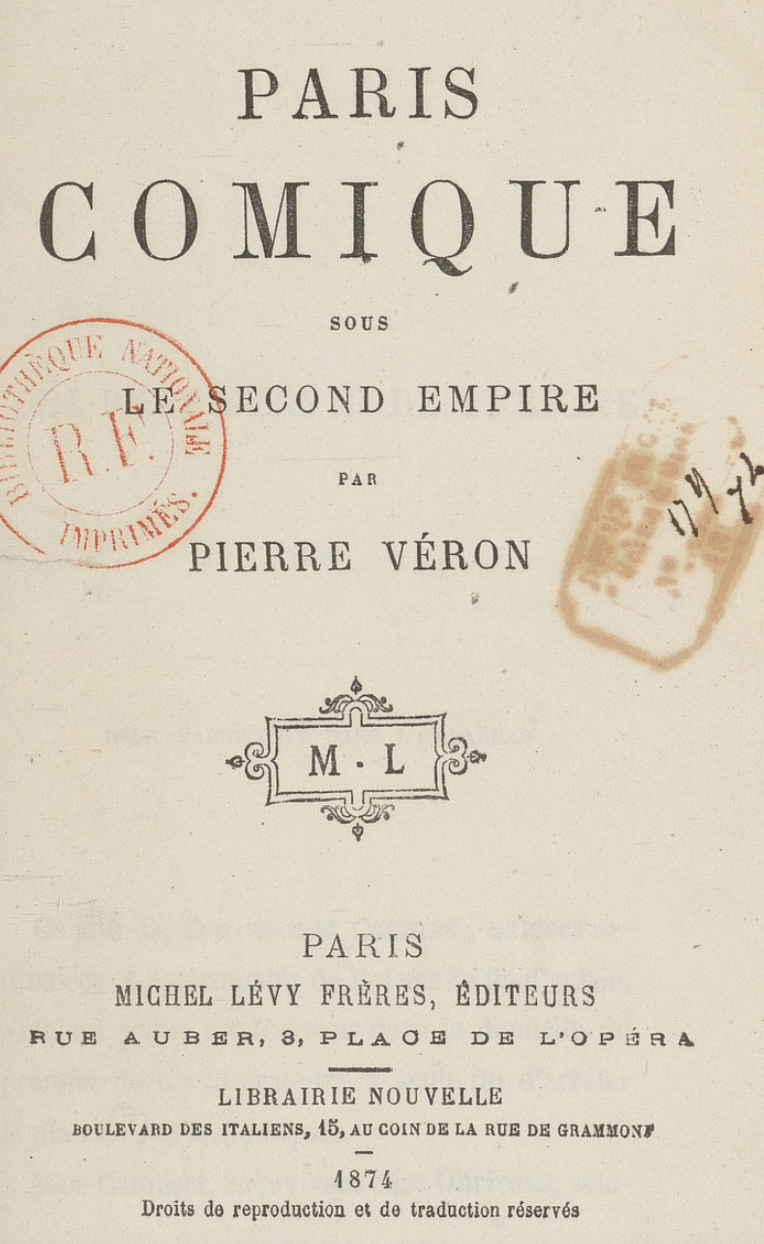Philippine House Moves to Reinstate Death Penalty for Heinous Crimes

On June 10, 2025, the House of Representatives of the Philippines formally adopted a recommendation from its quad-committee, aiming to revive the death penalty in the country. This move is encapsulated in Committee Report No. 1501, spearheaded by Surigao del Norte 2nd district Representative Robert Ace Barbers, overall chairman of the quad-comm. The committee's recommendation seeks to amend Republic Act No. 9346, which currently prohibits the imposition of capital punishment, specifically for heinous crimes, including certain violations of the Comprehensive Dangerous Drugs Act of 2002 (RA No. 9165).
The death penalty was abolished in the Philippines in 2006 during the administration of former President Gloria Macapagal-Arroyo. Since August 2024, the quad-committee has been investigating a range of issues including the operations of Philippine Offshore Gaming Operators (POGOs), extrajudicial killings (EJKs), money laundering, and the impact of former President Rodrigo Duterte's controversial war on drugs. Among the notable witnesses who participated in these proceedings was Duterte himself, providing significant testimony regarding these interconnected issues.
Barbers has been advocating for the reinstatement of the death penalty for drug-related offenses since his tenure began in the 11th Congress. The last execution in the Philippines utilized lethal injection, a method that remains a focal point in discussions surrounding the potential reinstitution of capital punishment. The adoption of this recommendation has sparked considerable debate, reflecting a larger national discourse on crime, justice, and human rights.
Experts in criminal law and social policy are divided on the implications of this legislative shift. Dr. Maria Lopez, a Professor of Criminal Justice at the University of the Philippines, emphasizes the potential for the death penalty to act as a deterrent against crime. In her 2023 study published in the Journal of Law and Society, she argues, "Capital punishment can serve as a strong deterrent for heinous crimes, especially when coupled with rigorous law enforcement practices."
Conversely, human rights advocates remain staunchly opposed. A report by Amnesty International in 2024 highlights that reinstating the death penalty could exacerbate issues of judicial bias and wrongful convictions, particularly among marginalized communities. According to Amnesty’s Southeast Asia Researcher, Ms. Janelle Cruz, "The death penalty does not deter crime; it only serves to deepen existing social inequalities and injustices."
The implications of this legislative action extend beyond the realm of criminal justice. Economically, the Philippines risks alienating foreign investors who prioritize human rights compliance in their operations. The World Bank's 2023 report indicates that countries with stringent human rights records often experience enhanced economic growth due to greater international trust and investment.
As the legislative process unfolds, the potential for public backlash and international scrutiny looms large. The Philippine government will need to navigate these complex waters carefully to ensure that its actions align with broader global human rights standards while addressing domestic concerns over crime and security.
In conclusion, the recent adoption of the quad-committee's recommendation to revive the death penalty has reignited a contentious debate in the Philippines about justice, human rights, and the efficacy of capital punishment. As discussions progress, the focus will likely remain on balancing societal safety with ethical considerations, a challenge that will define the current administration's legacy in the years to come.
Advertisement
Tags
Advertisement





